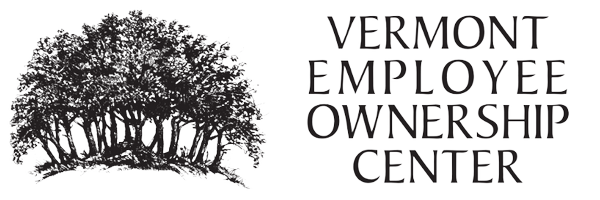In most cases, employee ownership benefits everyone, including owners of businesses, employees, companies, and communities. Here are a few of the things employee ownership can do:
- Provide an exit strategy for owners. In almost every small business, the owner or owners will eventually want to leave. Selling the business to employees can be a way to provide continuity and preserve the culture of the business.
- Attract and retain good employees. Many small businesses have trouble attracting and retaining good employees. Using employee ownership as an employee benefit can be an important way to address this problem.
- Preserve jobs and local ownership. Employee ownership is a proven means of preserving local ownership of companies and the jobs they support, fairly sharing equity, boosting productivity, and improving the quality of work life. Rather than closing up shop or selling to a competitor, small business owners can sell to their employees. This keeps businesses and jobs in Vermont.
- Improve performance. Several reliable studies indicate that, on average, employee-owned firms perform substantially better than non-employee-owned firms when ownership is combined with employee participation in decisions affecting their work. A survey published in the ESOP Report (August 2003) revealed that ESOP companies outperformed the three major stock indices in 2002: the Dow Jones Industrial Average, the NASDAQ composite, and the S&P 500. This means "once again that the decision to become employee-owned through an ESOP means better company performance and greater wealth creation for the employee owners." (ESOP Report 8/03).
- Improve wages and benefits. Employee-owned businesses tend to pay higher wages and provide better benefits.
- Provide tax benefits. Certain employee ownership structures qualify for tax benefits, which can be substantial.
The two primary forms of employee ownership are Employee Stock Ownership Plans (ESOPs) and Worker Cooperatives.



